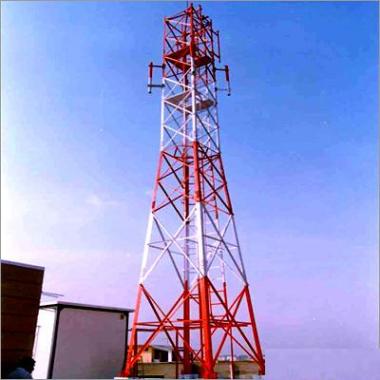  India’s top three telcos Bharti Airtel, Vodafone India and Idea Cellular have rejected Reliance Jio’s charge that the financial stress in their businesses was due to their dependence on debt, and blamed high government fees as well as the newcomer’s free offers for their woes. Bharti Airtel made a presentation to a panel of officials from finance and telecom ministries on Friday. The three telcos also disputed the charge that they had not made adequate equity infusions.
Mukesh Ambani-owned Reliance Jio made a representation to the same committee on Wednesday in which it accused the three incumbents. It said that the three must invest equity of up to Rs 125,000 crore in their businesses to alleviate the financial stress.
“Both equity and debt come at a cost – while the cost of debt is well known, it is in fact lower than cost of equity – where requirements for dividends are in fact higher than interest payments on debt,” Airtel said.
Both Bharti Airtel and Idea said that the stress in the sector was reflected in its low return on capital employed (RoCE), which was most likely in the negative, for the industry as a whole. Airtel’s was around 5.8%.
“Can the RoCE problem be solved by capital structure changes i.e. reducing debt/increasing equity or vice-versa? No, fundamental financing principles of any business imply that RoCE is independent of where the capital comes from – debt or equity,” said Bharti Airtel.
“If that’s not possible for any reason, then telecom services as a digital enabler should be taxed at 5% in GST, like other core sectors, instead of 18%,” a senior Vodafone executive told the IMG. Idea Cellular backed the move to make GST at 5% for telecom services, which lead to lowering of licence fee. The three carriers also called for lowering of the USOF levy and doing away with it over time.
“Based on financial reporting of four operators (Airtel, Idea, Vodafone and Reliance Communications), industry has lost around Rs 8,200 crore of revenue in H2 FY17 over H1 FY17,” Idea said, blaming it on Jio’s free offers, which the incumbents termed as ‘predatory’. It added that there was no basis for fast recovery of industry revenue as steep fall in voice and data rates was expected to continue in FY18.
Airtel said it had invested Rs 125,000 crore in capex and spectrum cost between FY12 and FY17, of which Rs 79,000 crore was equity. Idea said it had invested over Rs 77,000 crore between FY14 and FY17, split almost equally between equity and debt. Vodafone Group Plc. said it had invested Rs 54,000 crore in equity in its India operations since 2015.
Industry meetings with the inter-ministerial group (IMG) are taking place in the background of the telecom sector reeling under massive debt. Banks put the total debt from the sector at around Rs 8 lakh crore, including loans from Indian banks, overseas borrowings and annual installments for spectrum bought in auctions over the last few years, and have raised concerns of loan defaults.
Carriers are also facing pressure on revenue and profitability amid increasing price competition intensified by the entry of Reliance Jio, and called for government support with the industry needing to invest around Rs 2 lakh crore over the next three years in towers, spectrum and fibre.
To alleviate stress, the three carriers sought lower licence fee, which is at 8% of adjusted gross revenue (AGR) at present, as well as lower spectrum usage charges (SUC). They have also called for higher inter-connect charges (IUC), which a telco pays to another on whose network a call terminates, besides setting a floor for voice rates. Both these demands have been opposed in the past by Jio, which has banked on free offers to attract over a 100 million subscribers since its September launch.
The three telcos also asked for a longer payment tenure for spectrum bought in auctions, a demand which has been opposed by Jio, which in fact asked for scrapping the staggered payment mechanism altogether.
Airtel also rebutted Jio’s point that the existing deferred payment structure had encouraged incumbents to bid irrationally, pushing up their debt further, pointing out that except for airwaves in the 900 MHz band in the 2014 and 2015 sale, bidding intensity for other bands like 1800 MHz and 2100 MHz had in fact fallen. “Spectrum prices escalated only for the 900 MHz band mainly due to bids by non-incumbents (read: Jio),” as incumbents would have been forced to shut their businesses as their licences were expiring, said India’s largest operator While Bharti Airtel suggested the licence fees can be cut to 3% through removal of Universal Services Obligation Fund (USOF) levy, Vodafone India suggested that the fee be subsumed in the goods and services tax, like the manufacturing sector. |